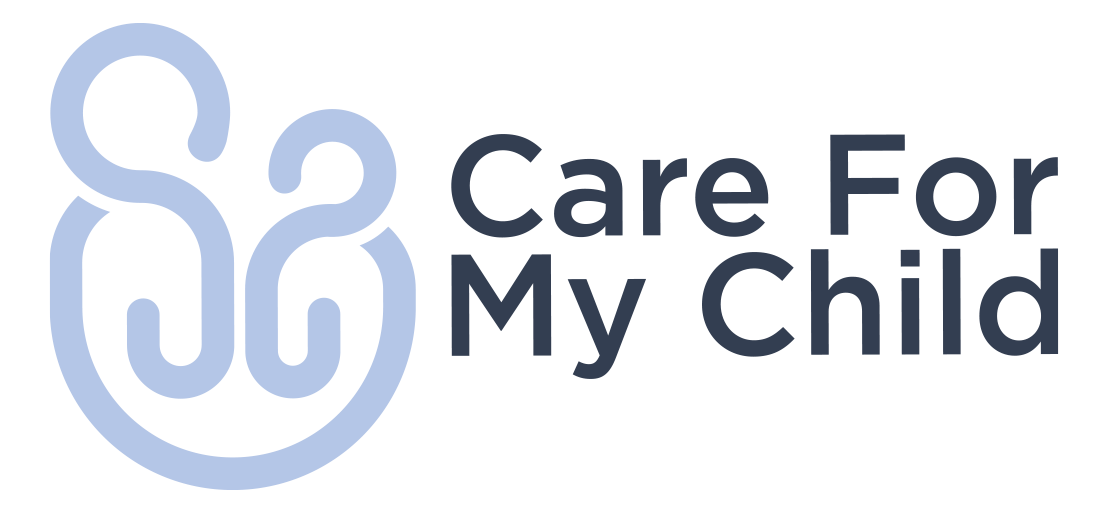Questions to Ask Your Paediatrician about Your Baby's Growth, Development, and Vaccinations
Introduction:
Welcoming a new baby into the world is a joyous experience filled with responsibility. As parents, it's natural to have questions and concerns about your baby's growth, development, and vaccinations. Your paediatrician is a trusted partner in your child's healthcare journey, providing expert guidance and support. In this blog, we will explore essential questions to ask your paediatrician. By asking these questions, you can gain valuable insights, ensure your baby's healthy growth and development, and make informed decisions about vaccinations.
Growth-related Questions
Is my baby's growth on track? Enquire about your baby's growth patterns, including weight, length, and head circumference, in comparison to standard growth charts. Discuss any concerns you may have and seek guidance on nutrition and feeding practices.
How often should I weigh and measure my baby? Understand the recommended frequency for monitoring your baby's growth. Your paediatrician can provide guidance on tracking growth at home or scheduling regular check-ups.
What are the signs of healthy feeding and adequate milk intake? Seek guidance on recognising signs of adequate feeding, such as a sufficient number of wet nappies, weight gain, and contentment after feeding. Discuss any concerns you have regarding breastfeeding, formula feeding, or introducing solid foods.
Development-related Questions
What are the key developmental milestones my baby should be reaching? All babies develop at different rates but is important to know roughly when to expect major milestones and when it might be helpful to seek a medical review. Discuss the expected milestones for cognitive, motor, and social-emotional development at different ages. Ask for guidance on activities and interactions that can stimulate and support your baby's development.
What are the red flags or warning signs I should watch for? Understand the signs that may indicate a developmental delay or potential concerns, such as limited eye contact, speech delays, or delay with motor skills like walking. Learn when to seek further evaluation or early intervention services.
How can I encourage early language development? Enquire about strategies for promoting language skills, such as reading, talking, and engaging in interactive play. Ask for recommendations on age-appropriate books, toys, and activities that foster language acquisition.
Are there any resources or support groups available for parents of babies with developmental delays? Ask your paediatrician for information on local resources, support groups, or early intervention programs that can provide assistance, guidance, and emotional support.
Vaccination-related Questions
What vaccines does my baby need and when should they be administered? Understand the recommended vaccination schedule for your baby, including which vaccines are necessary to protect against common diseases. Ask about any specific vaccine concerns or side effects you should be aware of.
Are there any alternative vaccination schedules available? The UK adopts a recommended standardised NHS vaccination schedule. However there are additional vaccines available privately. Your paediatrician can provide information and guidance based on your baby's individual needs and circumstances.
What are the potential risks and benefits of vaccines? Seek accurate information about the safety and effectiveness of vaccines. Understand the risks of vaccine-preventable diseases compared to the risks associated with vaccination. It is important to be aware of information available and misinformation so that your decision is informed and evidence based.
Can you recommend any reputable sources of vaccine information? Enquire about trusted sources of vaccine information, such as websites, organisations, or literature, that can help you make informed decisions about your baby's immunisations.
Conclusion
As parents, it's crucial to be proactive and well-informed when it comes to your baby's growth, development, and vaccinations. Open and honest communication with your paediatrician is key to ensuring your baby's health and well-being. By asking the right questions, you can gain valuable insights, address concerns, and make informed decisions that set the foundation for a healthy and thriving future. Remember, your paediatrician is here to support and guide you every step of the way on your parenting journey.
Further reading and resources:
NHS - Start4Life: This NHS website offers guidance and information on various aspects of child health, including pregnancy, breastfeeding, weaning, and childhood immunizations. Visit their website at: Start for Life home - NHS (www.nhs.uk)
NHS - Your Baby's Development: The NHS provides a helpful resource on understanding your baby's developmental milestones, from birth to 12 months. You can find more information at: Baby's development - NHS (www.nhs.uk)
Royal College of Paediatrics and Child Health (RCPCH): RCPCH provides evidence-based information and resources on child health, including growth, development, and immunizations. Visit their website at: RCPCH | The Royal College of Paediatrics and Child Health
GOV.UK - Vaccinations and Immunisations: The UK government's official website provides information on childhood vaccinations, schedules, and vaccine safety. You can access their resources at: Immunisation - GOV.UK (www.gov.uk)
NHS - NHS vaccinations and when to have them: NHS vaccinations and when to have them - NHS (www.nhs.uk)
National Institute for Health and Care Excellence (NICE): NICE provides evidence-based guidance on various aspects of healthcare, including child growth and development. You can explore their resources at: NICE | The National Institute for Health and Care Excellence
Please note that while these websites are reputable sources of information, it's always a good idea to consult with your paediatrician or healthcare provider for personalised advice and recommendations for your child.


